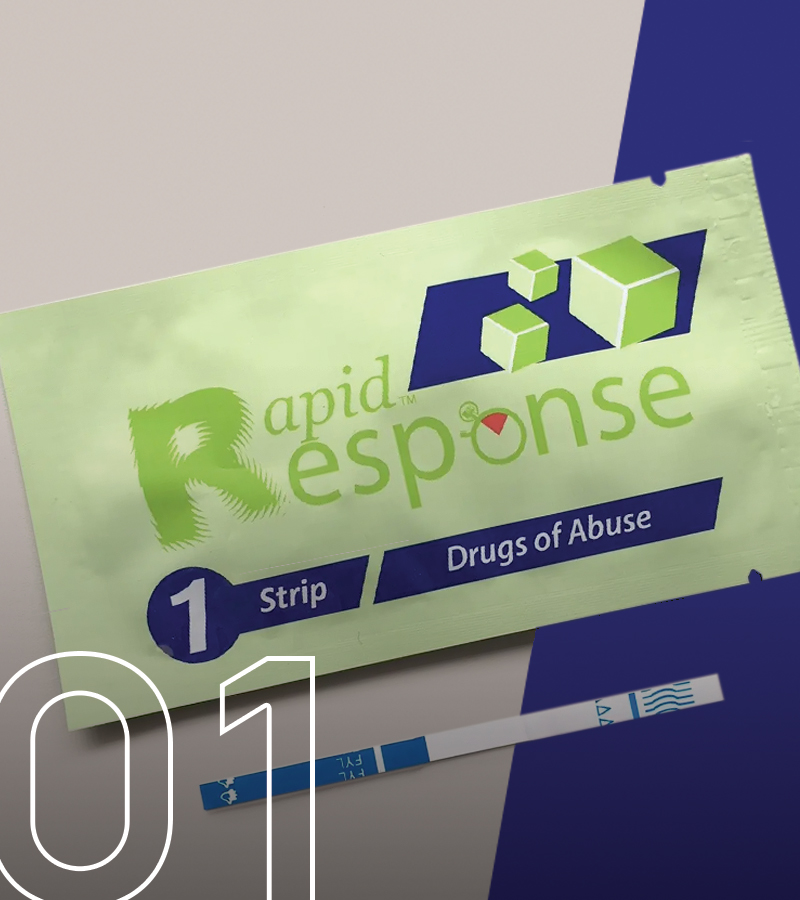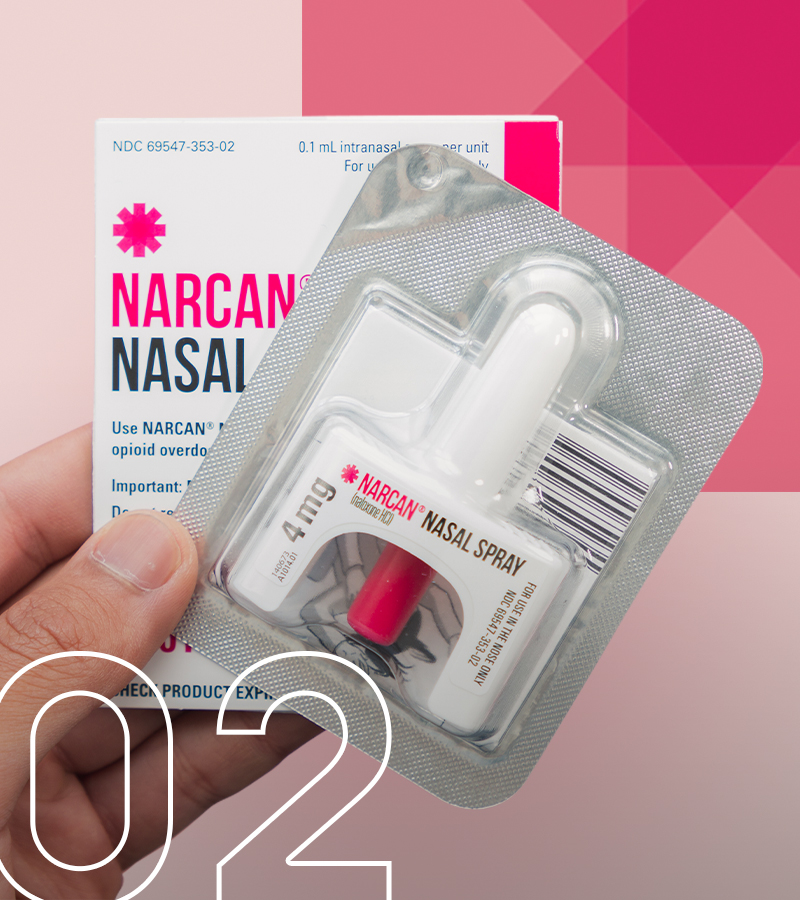Managing Money Pt. 2: Creating a Budget
#1
Set goals & determine your income.
The first thing we need to do when creating a budget is to set financial goals. In our first part of our money management series, we detailed what kind of goals to set for ourselves. They can range from getting rid of credit card debt, to saving for a new car, to bullying up a retirement fund. Once we know what our short-term, intermediate, and long-term goals are, then we can focus on our income. We need to look at our income to determine if it can support our new goals as is, or if we need to make adjustments to our employment. It’s not just about wages though. Everyone has a side hustle. Just make sure it’s a healthy one!
#2
Determine your expenses & limit spending.
Now that we know what our income is, we need to clearly outline what our expenses are. Expenses can include groceries, gas or transportation fare, phone bill, house or apartment payments, monthly subscriptions, and so on. It’s always a good idea to include a category for miscellaneous expenses, as well. This can come in handy on those days you forget to pack a lunch and have to buy one in place, or when you need a last minute item from the store. Seeing what your income is spent on every month in an outline format can help you determine whether or not certain things need to be cut back or completely cut out of your budget.
#3
Create your budget…& stick to it!
Once we set our goals and determine that both our income and expenses will support those goals, it’s officially time to make the budget. Sticking to a budget is more important than creating one, but sometimes sticking to a budget is harder than we think. It does take discipline and patience, but utilizing an accountability partner and looking at your budget can often help the process. Remember, you may need to adjust your spending to stay on budget. Sometimes that’s the hardest part. Also, let’s be real, life continues to change whether we’re ready for it or not. If we need to adjust goals, restart, or ask for help, that’s okay! It’s part of the process.

